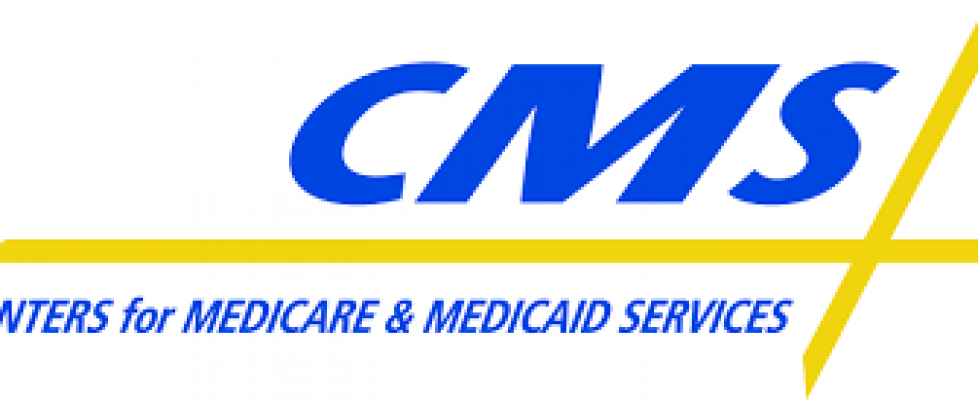COVID-19 Update: Medicare to waive more testing, telehealth, hospital requirements
On April 30, 2020, the Centers for Medicare & Medicaid Services (CMS) announced a second round of sweeping regulatory waivers and rule changes in an effort to expand care to Medicare and Medicaid beneficiaries and give greater flexibility to hospitals, other providers and suppliers furnishing services to Medicare beneficiaries as America responds to the COVID-19 pandemic and begins to reopen. Some of the changes were mandated by the Coronavirus Aid, Relief and Economic Security (CARES) Act, which President Trump signed into law on March 27, 2020.
Generally, the changes will expand the scope of telehealth services further, increase payment for telephone E/M visits and allow Medicare patients to obtain COVID-19 testing without a written order. Specifically, CMS announced the following:
Increased COVID-19 testing
- Medicare beneficiaries can get tested for COVID-19 when ordered by any health care professional; an order from a treating physician or practitioner is no longer required.
- Pharmacists are allowed to perform COVID-19 tests if they are enrolled with CMS as a lab, allowing for expanded use of parking lot testing sites.
- Hospitals will be paid if they see patients and collect samples for COVID-19 tests, even if the patient doesn’t receive other services; previously, CMS only allowed independent laboratories to bill for specimen collection for COVID-19 testing.
- Medicare and Medicaid will cover antibody tests that have been authorized by the Food and Drug Administration (FDA), as well as laboratory processing of certain FDA-authorized tests that beneficiaries self-collect at home.
Expanded telehealth use
- The waivers expand the scope of eligible providers, so now all health care professionals that are eligible to bill Medicare for their professional services, including physical therapists and occupational therapists, will be able to furnish and bill Medicare for telehealth services.
- Hospitals may bill Medicare for services furnished remotely by hospital-based practitioners, including therapists, to Medicare patients registered as hospital outpatients, including when the patient is at home when the home is serving as a temporary provider-based department of the hospital under the Hospitals Without Walls initiative. In addition, hospitals can bill as the originating site of a telehealth visit furnished by hospital-based practitioners to Medicare patients registered as hospital outpatients, including when the patient is located at home.
- CMS will increase payments for telephone E/M services from the current payments range of $14 to $41 per visit, up to $46 to $110 per visit, to match payments for similar office and outpatient visits.
- Rural health clinics and federally qualified health centers will be able to provide telehealth services as a distant site provider.
- The Medicare program will now permit certain behavioral health and education services to be provided via telehealth using audio-only technology when indicated in the list of telehealth services. Going forward, CMS will add new types of telehealth services on a sub-regulatory basis through guidance, rather than through the formal notice-and-comment process.
Expanded hospital capacity
- Hospitals will be able to increase their number of beds with the certainty that their payments will stay the same.
- Hospitals that are or may experience a surge of patients will be able to send patients to inpatient rehabilitation facilities, and long-term acute-care hospitals, which will be paid at a higher Medicare rate if they accept acute-care hospital patients.
- Some hospital outpatient departments will be paid at the higher physician fee schedule rates, even if they relocate off their campuses. Additionally, CMS will pay for outpatient hospital services, such as drug administration and wound care, in temporary expansion locations designated as part of a hospital.
- Nurse practitioners, clinical nurse specialists and physician assistants will be able to provide home health services.
- Teaching hospitals won’t have their payments reduced for moving residents where needed.
- CMS will also be adjusting its methodology for how accountable care organizations’ performance is calculated.

